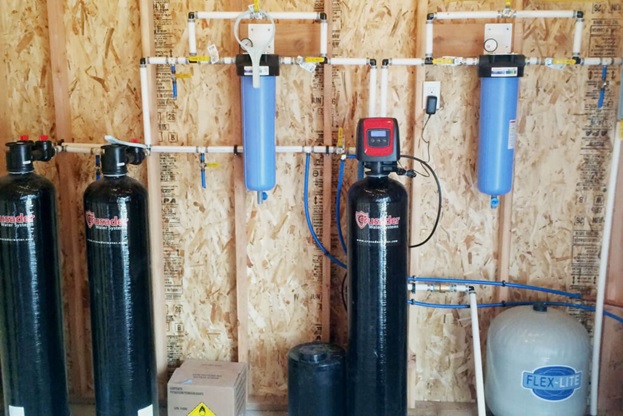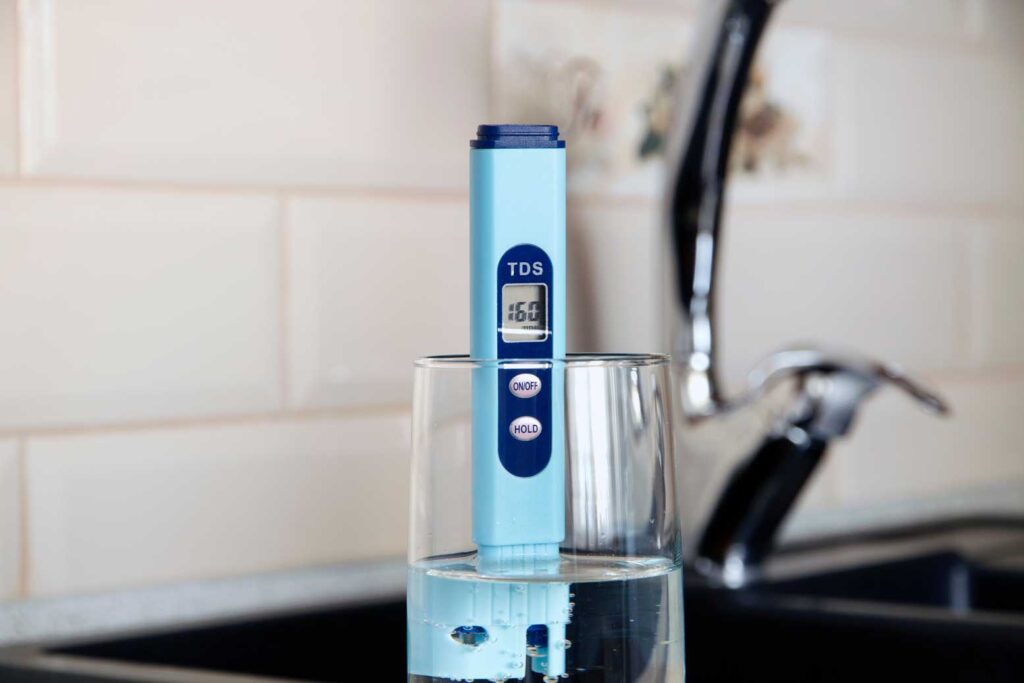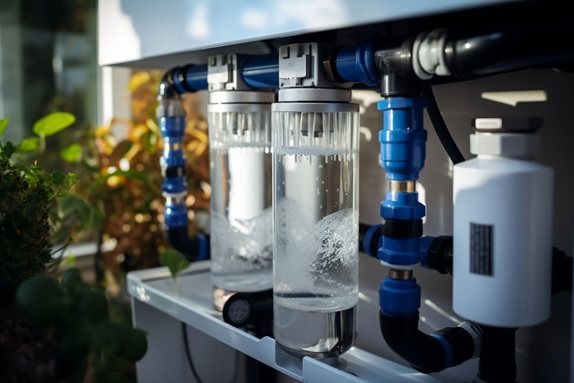Water softener installation refers to the process of setting up a system designed to reduce or eliminate the hardness of water in a residential or commercial setting.
Hard water contains high levels of calcium and magnesium, which can lead to various issues like scale buildup in pipes and appliances, reduced effectiveness of soaps and detergents, and potential skin and hair dryness.
Professional Plumbing Systems is here to install your water softener system, so you can enjoy having quality water and not worry about things breaking down.


Water softener repair involves diagnosing and resolving issues that prevent the system from effectively reducing the hardness of water. Given that water softeners are crucial in preventing scale buildup and ensuring optimal operation of water-using appliances, timely repairs are essential.
Repairs involve:

You’ll know if you have hard water if you notice the signs, like scale buildup, soap scum, stains, dry skin and hair, laundry issues, reduced appliance efficiency, or unpleasant tastes or odors.
The water softener installation process involves several key steps to ensure that the system is set up correctly and efficiently softens the incoming water supply. While the specific steps might vary slightly depending on the model and brand of the water softener, here’s a general overview of what the installation process typically entails:
The cost of a water softener system can vary widely based on several factors, including the type of system, its size, brand, and additional features. Here’s a breakdown of the potential costs associated with a water softener system:
Water softeners generally require regular maintenance to ensure they operate effectively and have a long service life. The frequency and type of maintenance can depend on the model, type, and usage of the system.
Experience the difference of truly soft water with a water softener system! Don’t let hard water issues plague your home and appliances. Trust the experts at Professional Plumbing Systems for all your water softening needs.
With years of expertise and a commitment to excellence, we ensure your water is treated right. Say goodbye to scale buildup, appliance wear, and ineffective cleaning. Dive into a world where water feels and works better for you. Choose Professional Plumbing Systems today – where quality meets reliability.
Phone: (801) 794-3636
Email: office@ppsplumbing.org
Copyright 2024
Professional Plumbing Systems
Visitor Sitemap